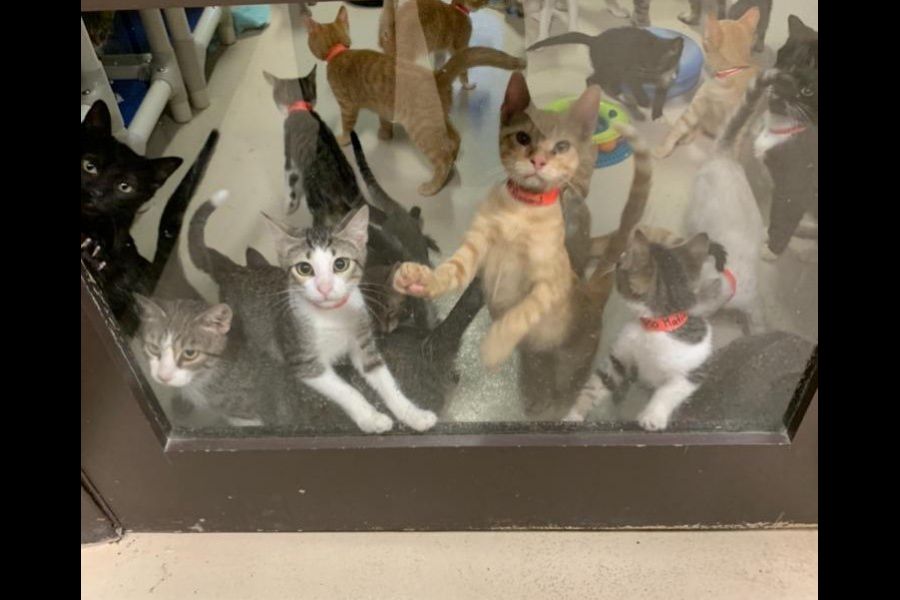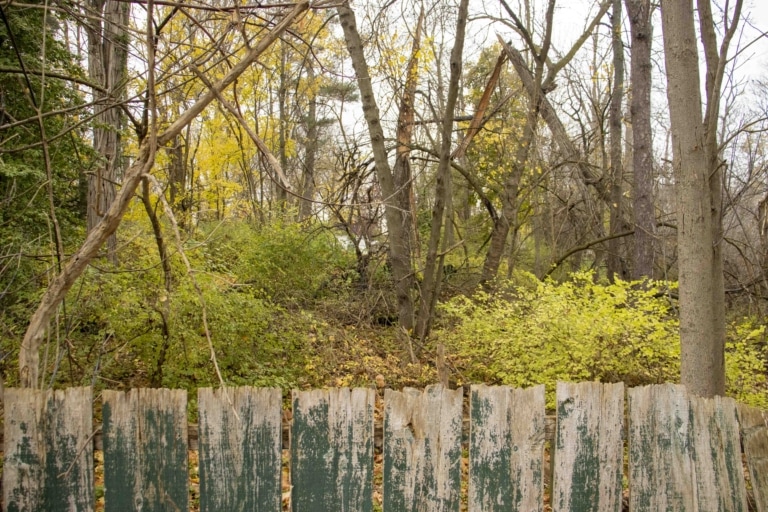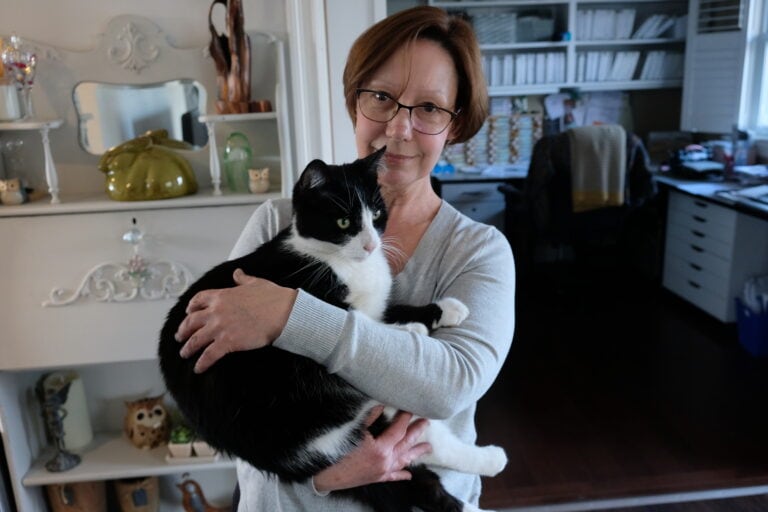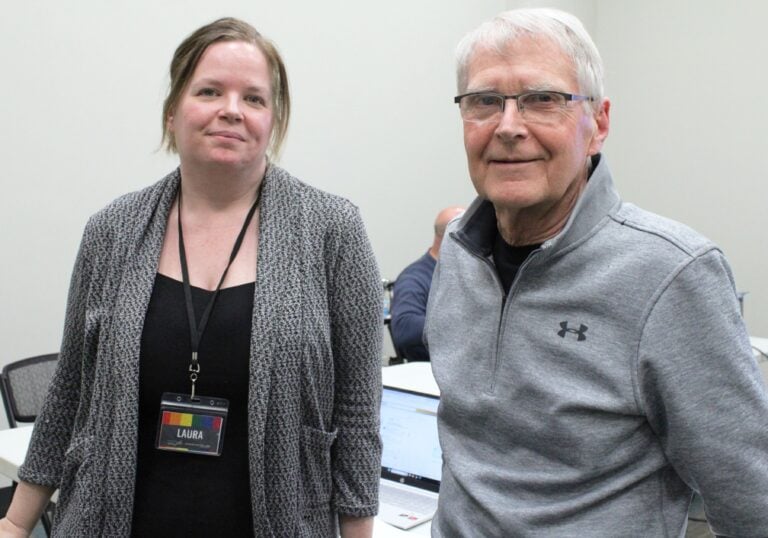Accusations highlight lack of oversight for shelters across Ontario
Fort Erie town council has voted to expedite a budget request for $30,000 to get a legal and veterinarian review of a potential animal welfare protection bylaw and the municipality's existing animal control services contract.
Fort Erie contracts its animal control services to the Fort Erie SPCA, which has been the subject of numerous complaints about animal care over the past several months, prompting council to initiate the review.
The complaints have come from former staff, volunteers and the public. The allegations range from animals getting inadequate food, exercise and veterinary care, to inhumane euthanasia and use of untrained staff.
Several councillors at a council meeting last week expressed frustration that they can’t do more to respond to the complaints they’ve been receiving from the public.
“How do I tell them we’re not acting on this? They expect us to stand up and do something. I’m so distressed by this,” said Coun. George McDermott, evident emotion in his voice.
McDermott’s sentiments were echoed by others. “We need to do something. This can’t continue,” said Coun. Anne-Maire Noyes, referring to the concerns raised about animal care at the shelter.
The stories they are hearing are “heart-wrenching,” said Coun. Kimberly Zanko, adding there is a sense of urgency to the situation. “I’ve received roughly 60 emails and calls. I forward them to the chair of the Fort Erie SPCA board, but I haven’t heard anything back. I don’t feel they’re open.”
Council decided it will take a vote at its next meeting, on Nov. 16, on whether to cancel the contract with the SPCA.
The board of directors of the Fort Erie SPCA in the past has dismissed the credibility of the complaints and been steadfast in its support of shelter management.
On Oct. 26, a week after the Fort Erie council meeting, however, the SPCA board issued a media release, saying, “We are aware of the recent complaints about the Fort Erie SPCA and we take these concerns very seriously.”
The release says the organization has “launched a voluntary internal review of our operations with the intent of making impactful changes informed by expert advice.”
There are no more specific details and, as the release notes, this action is voluntary.
The situation in Fort Erie highlights the lack of oversight for shelters in Ontario.
Even if Fort Erie does cancel its animal control contract with the SPCA, it has no other authority over the shelter.
The Fort Erie SPCA is a registered charity. Its contract with the Town of Fort Erie provides it with significant revenue, $343,742 in 2019, but that’s just over half of its total revenue for 2019, which was $640,260. The shelter generates the rest of its money through fundraising and various fees.
Shelters in Ontario are not licensed and there are no systems in place to provide oversight and ensure compliance with established standards.
A report by Ontario’s Animal Welfare Task Force in 2012 said: “Animal shelter system is a misnomer. Across the province, shelter operations, standards and authorities are not standardized or even generally consistent.”
That task force made a number of recommendations, including that “A consistent set of basic standards of operation for animal shelters should be created by the province.” Compliance would be ensured through a licensing and inspection process. That recommendation has never been implemented.
According to Dr. Kendra Coulter, a professor at Brock University and fellow at the Oxford Centre for Animal Ethics, “the sector is well-intentioned, but there’s good reason to have provincially co-ordinated regulations and standards.”
“Regulations would build public confidence,” she added. “Right now, we just have to hope for the best.”
Coulter says there is public support for regulations. She said a survey she conducted in 2019, found that “95 per cent support inspecting and accrediting local rescues, shelters and sanctuaries to ensure appropriate levels of care for animals.”
Humane Canada, which is a federation of SPCAs and humane societies across Canada, has been actively working to address the lack of co-ordination. It established clear standards for Canadian shelters in 2013 and will launch a new accreditation program before the end of this year. Both are voluntary.
CEO Barbara Cartwright says it’s the right time for an accreditation program, adding “it will help the whole sector to build public trust and credibility.”
The process has several steps, including self-assessment by the shelter, a review by Humane Canada followed by an onsite assessment, and final approval by the board of directors. Once accredited, shelters would provide annual reports and receive periodic site visits.
Cartwright says that while the program will be voluntary, “There is a lot of interest, there’s nothing else like it in North America. It will be available to SPCAs and Humane Societies first, and then others such as rescues.”
Shelters that complete the process successfully will be able to display an official seal of accreditation, to provide the public with confidence in their operation.
Ontario’s new animal welfare act (the PAWS Act) came into effect Jan. 1, 2020. Brent Ross, spokesperson for the department of solicitor-general, says, “It’s the first fully provincial government-based animal welfare enforcement system in Canada.”
In the first eight months since it was implemented, 11,800 calls resulted in an inspection or investigation, Ross said. Outcomes can range from education and awareness, to orders, fines or more severe penalties.
PAWS recently completed an investigation of the Fort Erie SPCA, triggered by complaints. According to Ross, “as a result, the organization implemented changes to its operations.” Ross declined to provide further detail, saying, “A request for the report related to this matter should be made through the Freedom of Information process.”
The province has 80 inspectors and intends to have 100 once it completes its recruitment process.
Coulter says the new PAWS framework “creates a mechanism for greater accountability. There could be a system of inspections, in addition to the complaints-based process.”
Right now, PAWS only investigates complaints, however Ross says in the future, “the province will be establishing a multi-disciplinary advisory table made up of a wide range of experts, including veterinarians, agriculture representatives, academics, animal advocates and others to provide ongoing advice” on the development of regulations under the PAWS Act.”
That advisory group is expected to be established later this year.










